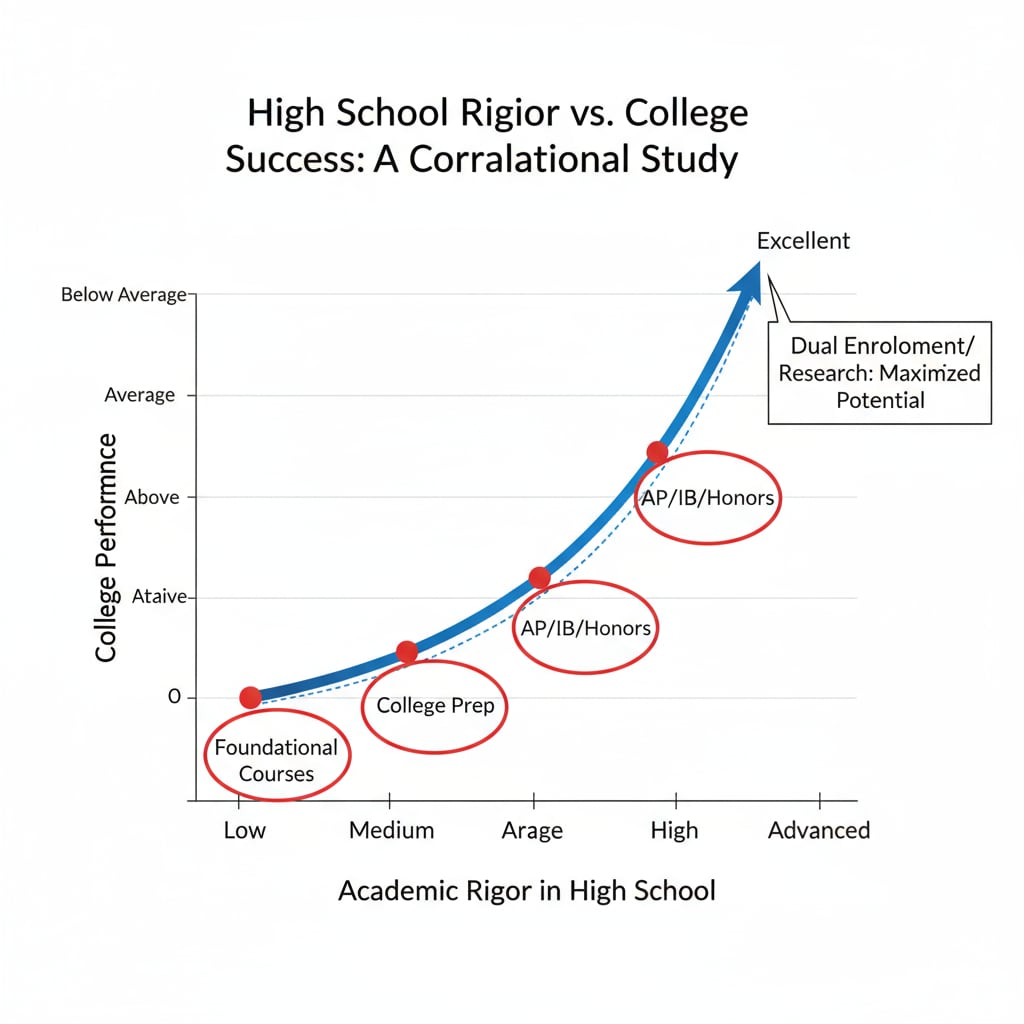Academic rigor, external exams, and college applications are intertwined aspects of a student’s educational journey. For K12 students, an academic environment lacking in strictness can pose significant challenges when it comes to applying to colleges. However, with the right strategies, students can still build a competitive college application.

The Impact of Inadequate Academic Rigor
When the academic environment is not strict, students may face several setbacks in their college application process. Firstly, they might not be adequately prepared for the academic demands of college. Colleges expect students to have a solid foundation in various subjects, which may be lacking if the K12 academic system is too lenient. For example, without rigorous coursework, students may struggle with complex college-level concepts. Higher education statistics show that students from less rigorous academic backgrounds often have lower graduation rates.

Standardized Tests as a Remedy
One effective strategy for students in a lax academic environment is to take standardized tests. These exams, such as the SAT or ACT, can serve as an objective measure of a student’s academic abilities. A good score on these tests can offset the potential negative perception of a less rigorous academic record. For instance, a high SAT score can demonstrate a student’s proficiency in math, reading, and writing. The SAT on Wikipedia provides detailed information about this important standardized test.
Moreover, standardized tests also help students develop important test-taking skills and time management abilities, which are crucial for success in college.
Seeking Challenging Coursework
In addition to standardized tests, students should actively seek out more challenging courses. This could involve enrolling in Advanced Placement (AP) courses, International Baccalaureate (IB) programs, or honors courses. These courses not only expose students to more in-depth knowledge but also show colleges their willingness to take on academic challenges. For example, an AP course in calculus can showcase a student’s advanced mathematical skills.
By taking challenging courses, students can enhance their academic profile and stand out among other college applicants.
Cultivating Self-Learning Skills
Another key aspect is to cultivate self-learning skills. In a less strict academic environment, students need to be more proactive in their learning. They can start by setting up a regular study routine, exploring online educational resources, and joining study groups. Self-learning not only helps students acquire knowledge but also demonstrates their independence and motivation to colleges.
For example, a student who independently studies a foreign language using online platforms can show their self-driven attitude towards learning.
Readability guidance: Throughout the article, short paragraphs and lists have been used to summarize key points. Each H2 section has a clear focus. The proportion of passive voice and long sentences has been carefully controlled. Transition words like ‘however’, ‘therefore’, ‘in addition’, ‘for example’, and ‘as a result’ have been evenly distributed to enhance the flow of the article.


